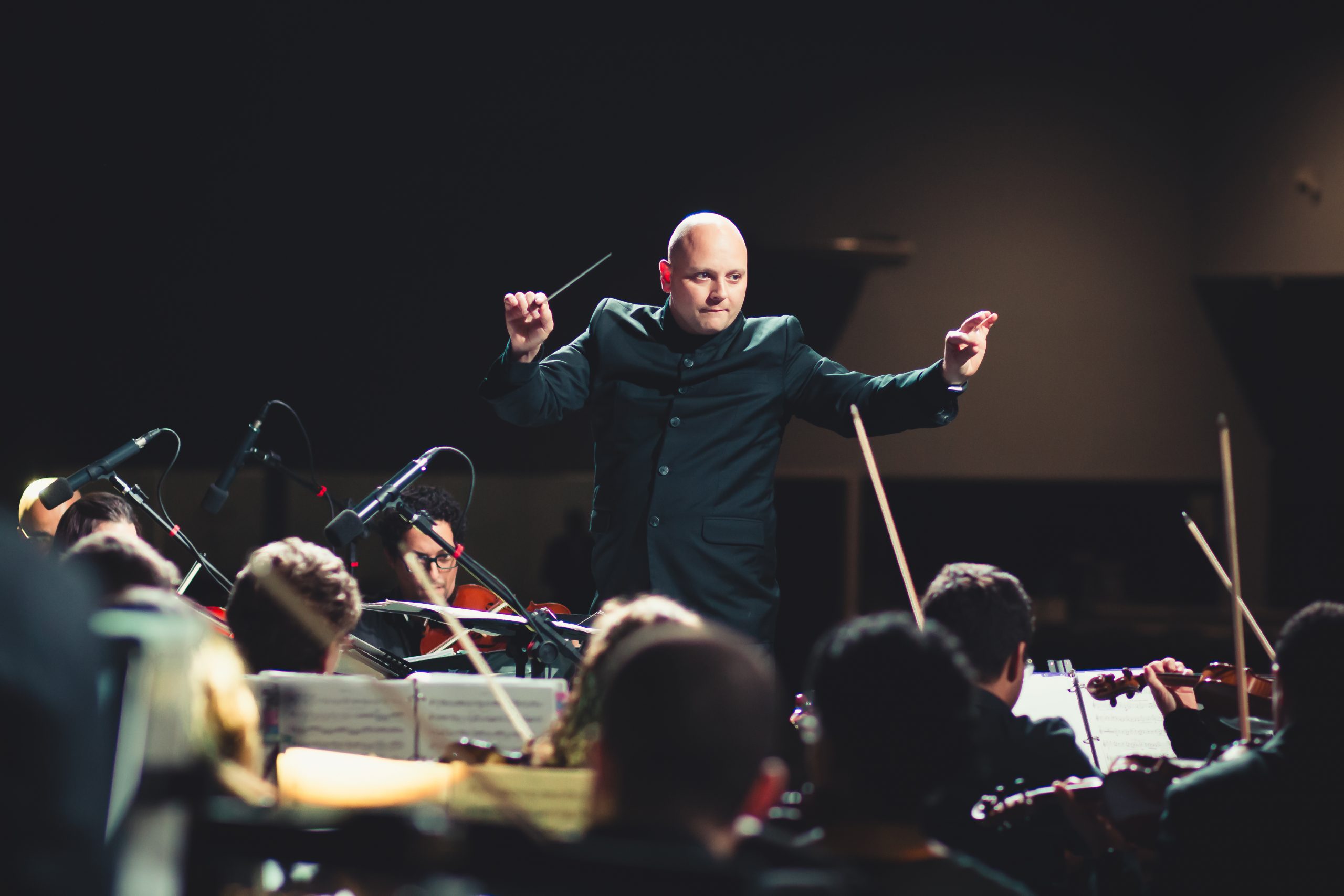In Britain there are a huge number of amateur music groups; brass bands, choirs, orchestras, wind bands and many more. Most of these pay musical directors, which creates an interesting dichotomy between amateur and professional musicians. Musical directors are often teachers or performers in their own right and can bring a lot of expertise and experience to amateur players. The downside though is that not everybody can deal with amateurs, for a variety of reasons.
One of the biggest problems being one of variable standards. Many amateur groups have a wide difference in abilities, some from very beginner to advanced, and it takes a great deal of thought to keep everyone engaged for the majority of the time. It is ok to play fairly straightforward music, and is also a benefit to bands. When playing summer park jobs, bands often need deps to cover absence and the easier the music for them the better they will fit in. If there are a core of players who are very familiar with the music there are fewer opportunities for things to go wrong. When this music is mastered though it is a mistake to keep rehearsing it week in, week out. This is because players, particularly the better ones, will get bored and disengage. At this stage rehearsal can be about challenging the group you are working with, and it doesn’t matter if you start to work on a more difficult piece and never get to play it out. The fact that the band has worked on it means that some other pieces, which you do intend to play out, will feel that much easier and the band will progress. If a player is not coping well then just make it a bit easier for them, play two quavers in a passage instead of four semiquavers, if they are on the same note for example, or even just the first note of each group. This will at least allow them to play in time and ensure they are contributing something.
Managing the music is one thing, but managing personalities is quite another. Many amateur groups have dominant members who will have their say on whatever is going on. It is important in this setting that they are allowed to have their say, but it must be kept within limits and the MD must retain their authority over the band. It may be of course that they have something useful to say and any questions or suggestions must be treated with respect. It is also important though that relationships are built with all members, so that those who may not be quite so vocal don’t feel excluded.
Seating can also be a bit of a vexed issue, and it really depends on what type of group you have. A band who enters contests for example will need careful handling as the MD will want the best players in the right seats and this can step on some toes. If they need to move a player then communicating what they want and why they need to do it is key, and the results are often unpredictable. The players involved may see the benefit to the band and agree or throw their toys out of the pram but what is important ultimately is that the MD/committee achieve what is required.
In a band that doesn’t contest then things are somewhat easier, and any requests to move instrument or position can be more easily accommodated. Transparency is important and all those affected need to be consulted about any changes, although it must be made clear that no-one should have a veto, other than the MD of course!
As I noted earlier, not all professionals are cut out for the job of amateur group work, and the difference is the ability and willingness to train a band. It is one thing to stand up in front of a group of professional players who can play the music and put an interpretation on it. It is quite another to stand up in front of a group of players who need to be coached into playing the right pitches at the right time. I have known MD’s who are very good at this, but I have also come across some, who will remain nameless of course, who struggle to train an amateur group. It is compounded when they have an expectation of players beyond their ability.
In conclusion, leading amateur groups is as much about managing personalities as it is about music. An MD must always take into account people’s wishes, and if a professional group, then they are entitled to ask players to do what is required. With an amateur group though if a player isn’t happy then they will just leave and find somewhere else to play.
However, the rewards of getting a group of amateur players to play something well far outweigh all the disadvantages. When a group whose sightreading is not great first play a piece it can sound pretty awful, but there is a great sense of satisfaction when, after half an hour of focussed practice, the piece starts to take shape. At the end of the day that is what we are all aiming for.
Enjoyment!



